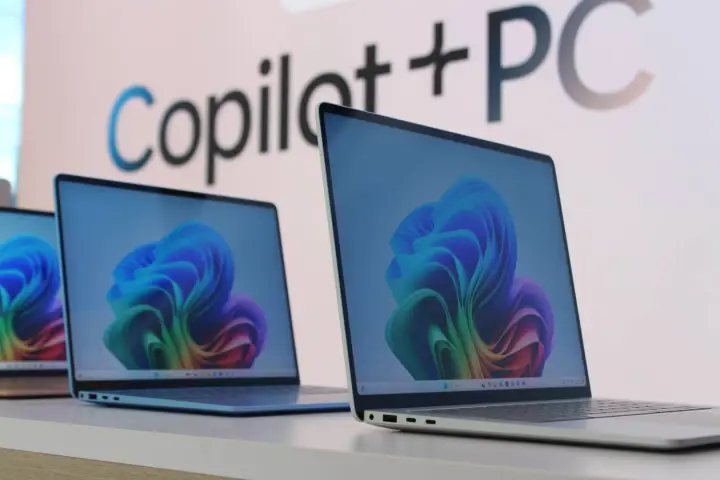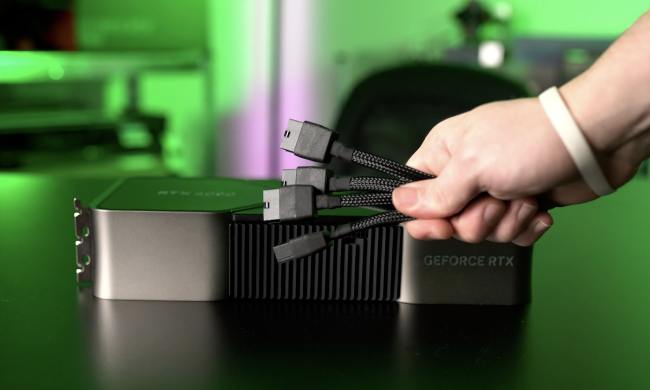
The first Copilot+ PCs hit the shelves a few days ago and the initial tests are showing interesting results. While some of the obvious performance and battery life claims are being tested, one early tester found that the Arm laptops are impressive in one area that hardly anyone is talking about, including Microsoft.
According to the TechTablets YouTube channel, the Snapdragon X Elite chip on the Asus Vivobook S 15 can achieve almost identical performance running on battery as it can while plugged in.
Qualcomm Snapdragon X Elite 3.4Ghz max on power Vs on battery. Finally, almost identical performance using 45W mode on the ASUS Vivobook S 15. ONLY a 3.17% drop in single core and 1.75% multicore performance VS AC just wow! 🤩 pic.twitter.com/lmwJZrwXJq
— TechTablets 🇳🇿 (@TechTabletscom) June 18, 2024
Specifically, in Geekbench 6, it hits a 2,436 single-core score and a 14,650 multi-core score while connected to power, and a 2,360 single-core score and a 14,395 multi-core score on battery. That’s just a 3.17% drop for single-core and a 1.75% drop for multi-core.
In comparison, x86 CPUs can lose (in a worst-case scenario) up to half of their performance when unplugged. You could force them to keep performance higher, but it would come at a significant cost to battery life, which was already weak to start with. But with the Snapdragon chips, customers can enjoy better unplugged performance by default and without instantly depleting the battery.
This means a new Window on Arm PC could be a really great choice for people who use their laptops on the go more often than docked. Early tests haven’t quite confirmed yet how Snapdragon battery life compares to that of Apple Silicon MacBooks, but the latter have always been praised for performance on battery — and now Windows machines have an answer to that.
Aside from the whole battery versus plugged-in aspect, these are also just good scores in general. When compared to the Apple M3 chip, they lose in single-core performance, but win in multi-core performance. For instance, the M3 MacBook Air 13-inch model has a 3,082 single-core score and a 12,087 multi-core score. In terms of real-world use, both chips will feel pretty similar. So Qualcomm may not have crushed the M3 chips like they claimed, but they do seem to be at least matching them, which is no easy feat.



